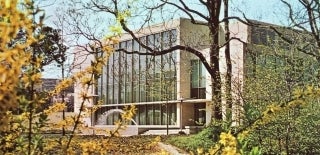
Mission and History
For more than 65 years, the Annenberg School for Communication has been at the forefront of a dynamic, ever-changing field.
Our Mission
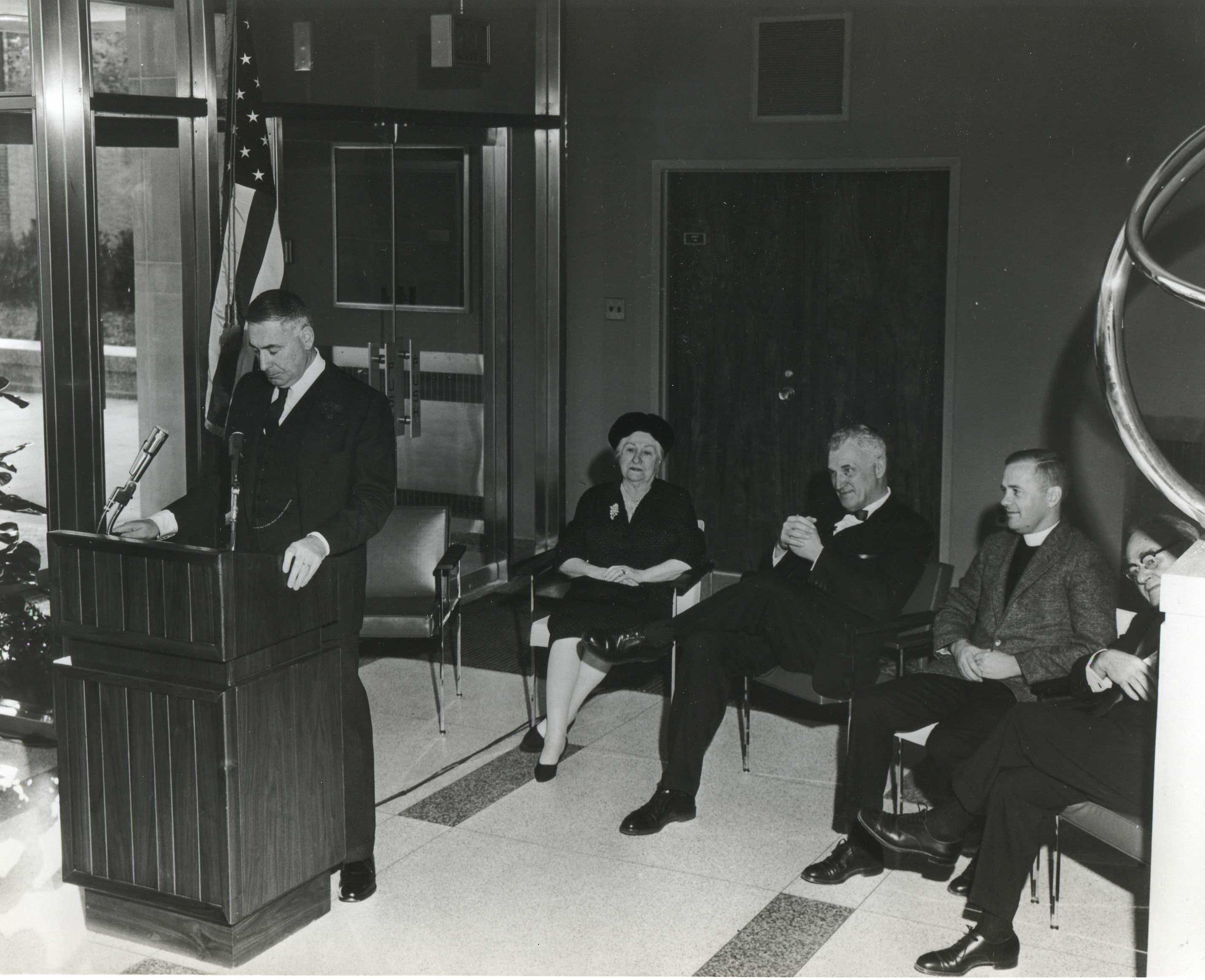
In 1958, publisher, diplomat, and philanthropist Walter Annenberg founded the Annenberg School for Communication at the University of Pennsylvania with these words:
“Every human advancement or reversal can be understood through communication. The right to free communication carries with it responsibility to respect the dignity of others – and this must be recognized as irreversible. Educating students to effectively communicate this message and to be of service to all people is the enduring mission of this school.” — Ambassador Walter H. Annenberg
Over the ensuing years the Annenberg School has remained true to the mission articulated by Ambassador Annenberg, while responding to changes in both the nature of communication as a social process and in Communication as a discipline and an interdisciplinary field of study. Today, we advance our mission through four central goals:
- Producing and disseminating cutting-edge scholarly research designed to advance our theoretical and empirical understanding of the role of communication in public and private life.
- Producing and disseminating high-quality applied research designed to advance the public’s understanding and effective use of communication, and policy-makers’ ability to create a media environment that fosters the personal and collective development of its citizens.
- Educating Ph.D. graduate students in the theories, substance, and methods of communication research and placing them in leading academic and professional positions in the field.
- Providing a first-class liberal arts education to undergraduates designed to help them become better consumers and producers of public information; strengthen their understanding of the role of communication in their personal, professional, and civic lives; and prepare them for private and public-sector leadership positions in communication-related and other fields.
History
From its foundation in 1958 until today, the Annenberg School for Communication has been led by five different deans. Learn about each era of the School's history below.
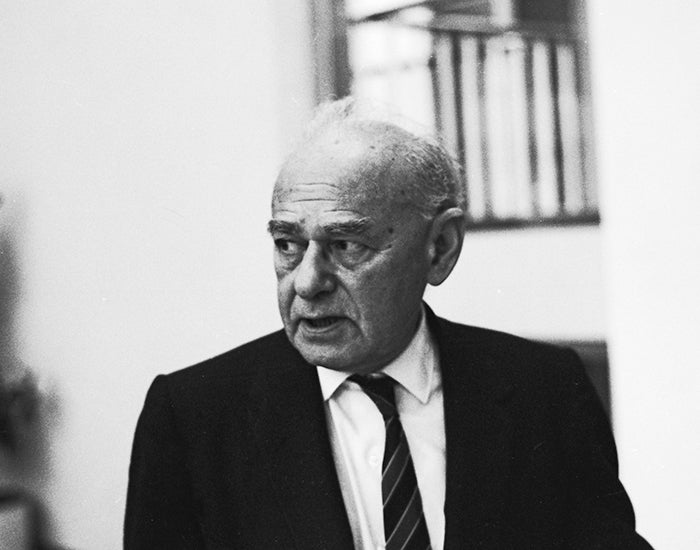
Foundation & the Seldes Years (1958 - 1963)
What began as an idea and foundational gift by Ambassador Walter H. Annenberg became a fully-realized master's degree program under the leadership of the School's first dean, Gilbert Seldes.
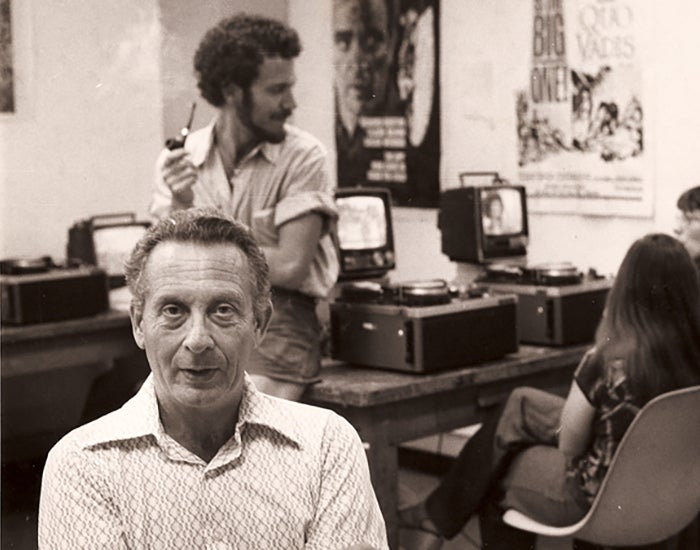
The Gerbner Years (1964-1989)
The school's longest-serving dean built the school's Ph.D. program and built Annenberg into one of the premiere academic programs in the field of Communication.
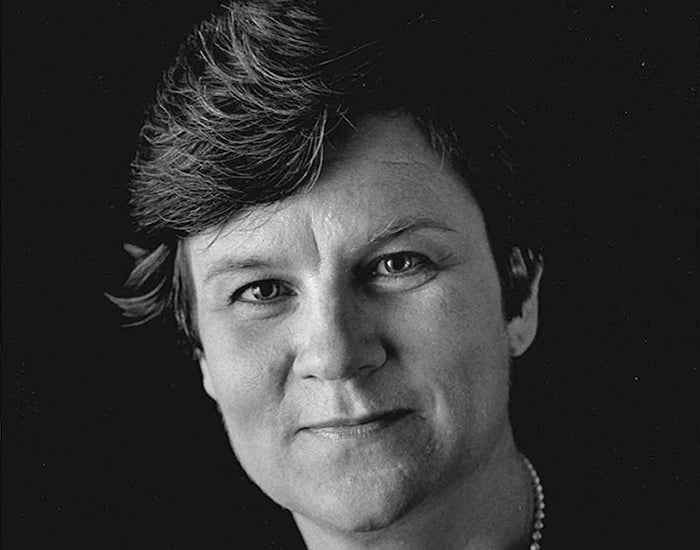
The Jamieson Years (1989-2003)
Under Dean Kathleen Hall Jamieson, the School faculty and footprint grew, expanding its expertise in political communication and public policy.
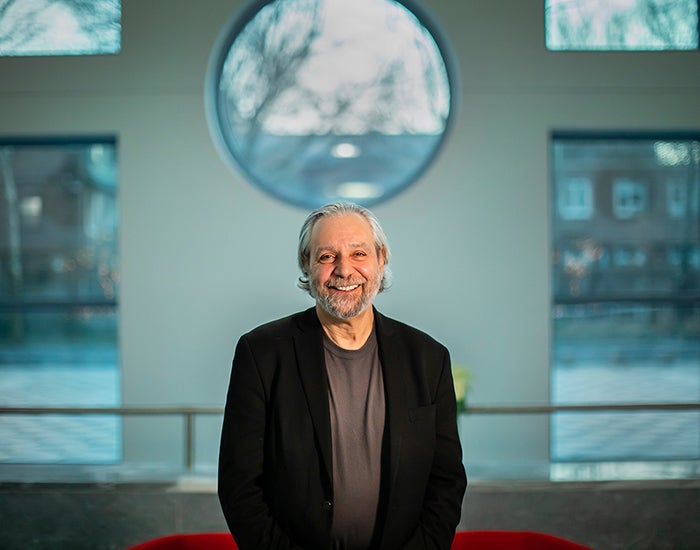
The Delli Carpini Years (2003-2018)
The faculty and Ph.D. student body greatly expanded under Dean Michael X. Delli Carpini, who further diversified the school's demographics and methodologic approaches.
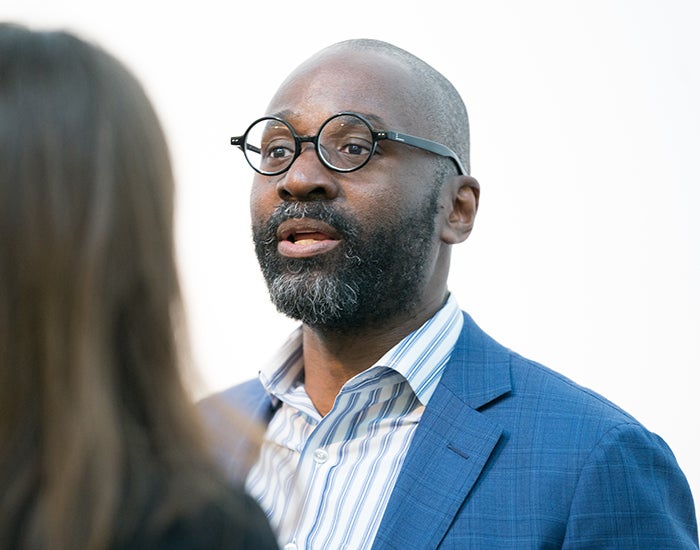
The Jackson Years (2019 - 2023)
Dean John L. Jackson, Jr., already a faculty member at the School, expanded the school's focus on multimodal scholarship and diversified the school in many ways.
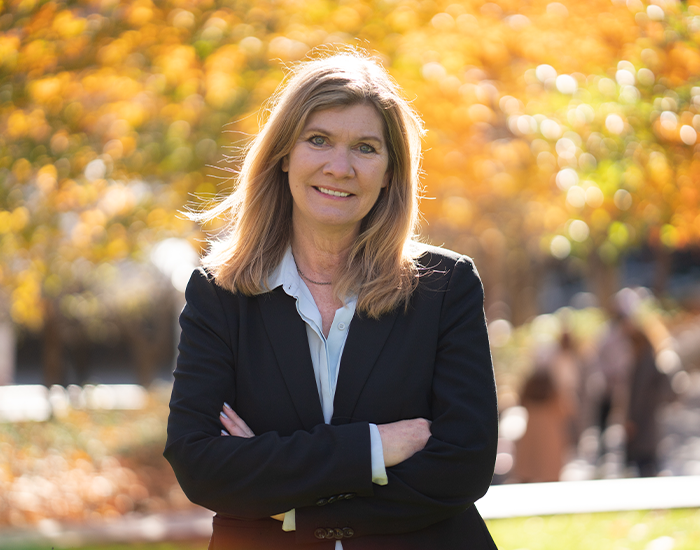
The Banet-Weiser Years (2023 - Present)
Sarah Banet-Weiser became Dean of the Annenberg School on August 14, 2023.
